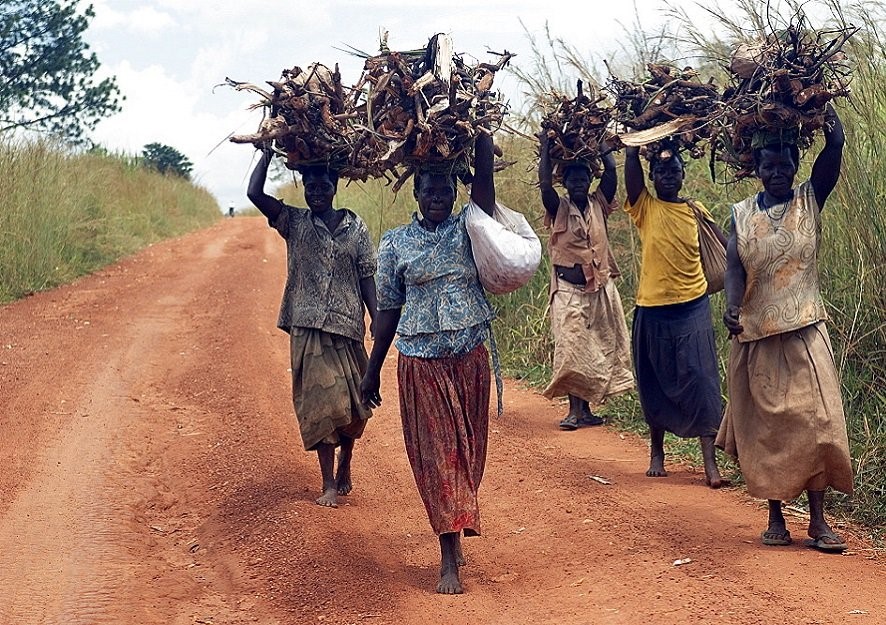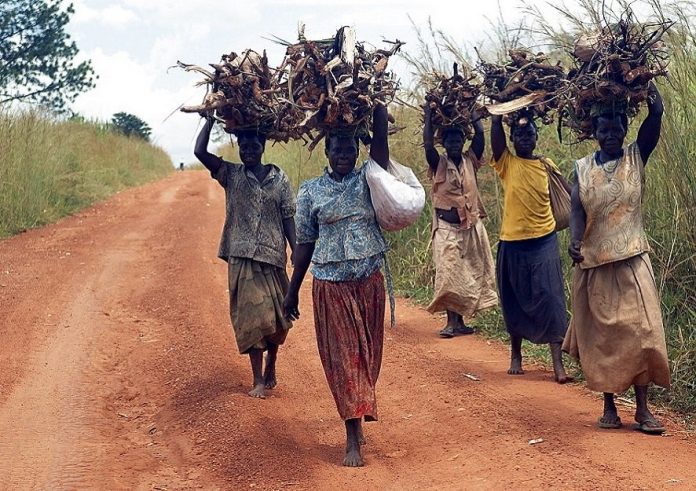The issue of sustainable energy development is a key consideration for climate change mitigation and adaptation initiatives and is an integral component of Africa’s ability to achieve the inter-related economic, social and environmental aims of sustainable development. In Kenya, one-third of the population lacks access to energy efficiency services that do not degrade the ecosystem contributing to environmental change. The World Health Organization report states that climate change is likely to affect everyone in some way, from rising temperatures, increasing floods and changing rainfall patterns to the spread of diseases. African countries are likely to be affected severely because of the already high levels of poverty and vulnerability. The impacts of environmental change on men and women are likely to be different with regard to their different roles and responsibilities.
The Problem

In Kenya, traditional sources of fuel are dwindling rapidly following the strict restriction of wood harvesting in government forests. Few rural households in the country have access to grid electricity and sustainable energy. Most still use dangerous kerosene for lighting, and wood or charcoal for cooking. This lack of modern technology affects women and children who are mainly responsible for fuel collection. When wood is scarce, it takes longer for women to collect which restricts their educational and economic opportunities. Women’s lack of property ownership directly affects their ability to secure bank loans and have very few opportunities to learn business skills like men.
On a macro level, we know that energy increases productivity and enables new industries to thrive, ultimately contributing to improved social and economic outcomes for individuals. According to the International Energy Agency, IEA, modern energy access at the household level is “a household having reliable and affordable access to clean cooking facilities, a first connection to electricity and an increased level of electricity consumption over time to reach the regional average.”
Energy is very important in women’s daily lives. They are the main users of energy at home and in African societies. Women utilize energy mostly for lighting homes, cooking food for their families, teaching their children at night and energy for their small food industries. Cooking and small businesses are the major challenges facing women around access to energy. According to the African Development Bank’s Gender and Energy Desk Review of 2016, while women and girls in Africa bear the main burden of collecting biomass, they are generally disadvantaged at all levels, in terms of ownership and access to land, natural resources credit, information and decision making.
The wake-up call
According to Grogan, L. and A. Sadanand (2013) “Electrification and Employment in Poor Households,” access to reliable electricity increases the prosperity of rural women to work outside the home production industry. Involving women as entrepreneurs in the energy business has multiple benefits both to them and the society. Being the largest consumers of energy, women gain vital energy services and skills that enable them to grow and work independently.
It is essential to empower women in Kenya. This will help them benefit from sustainable energy opportunities, both as entrepreneurs earning income and as consumers with access to sustainable solutions for their homes. Involvement of women in energy production will be a market pull that responds to the needs of the economy.
In Africa, women are the caretakers of homes. They are largely involved in the upbringing of children in societies. Therefore, women have a lot of influence on the lives and skill development of the younger generation. To grow sustainably, women should be involved in all aspects of energy: planning research, policy development, technical expertise, technology testing, production and distribution, the management of energy systems and as end users of the product. This will, in turn, ensure that the knowledge passed onto the next generation is sustainable and efficient for development.
Women have a lot of financial opportunities. Most organizations such as the United Nations Environmental Assembly, UN Women, African Union Commission, and Government of Kenya- are willing to fund women related projects, and initiatives to give women a more active role in development of sustainable affordable energy. For this reason, working with women to achieve sustainable energy access in Kenya will highly be supported by both the government and the private sector.
Organizations such as Practical Action and Kenya Climate Innovation Centre have made great strides in empowering women. They are working with over 700 women self-help groups to fore see the manufacture of biomass briquette, solar and improved cooking stoves benefitting 495,000 beneficiaries in seven counties in Kenya. Getting more women involved means making them part of the economic development. Therefore, crucial for them to participate at every stage in getting solutions to energy challenges.
When women demonstrate and sell products to other women, the uptake is often significantly higher. There is a huge potential for women entrepreneurs to make a difference and to increase the use of clean and safe energy fuel products. There is also increased investment in family and their wellbeing, creating stronger, happier and more independent family units.
Given the global emphasis on energy access, involving women in this sector will bring about safe access to fuel and energy while promoting safe and sustainable livelihoods.



